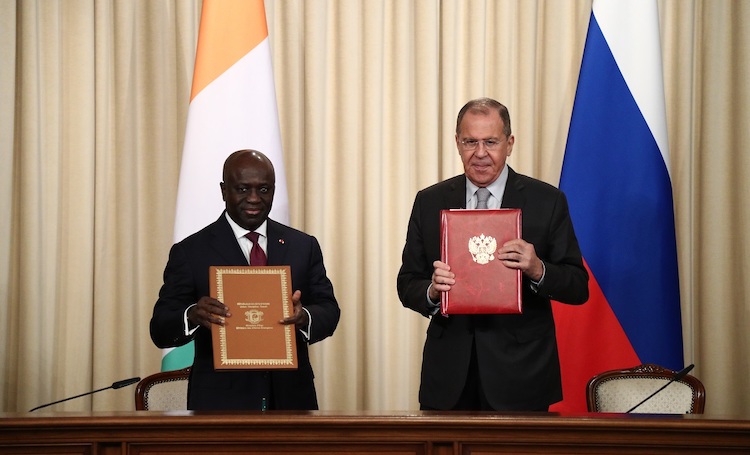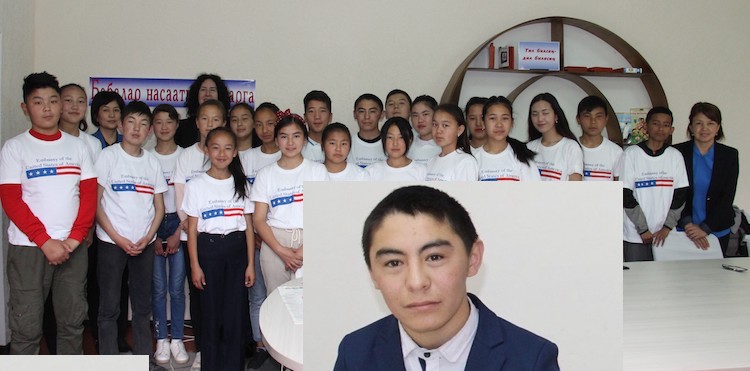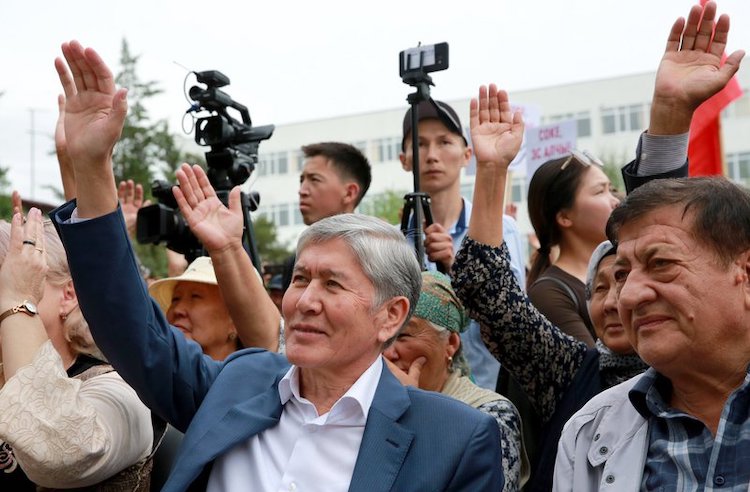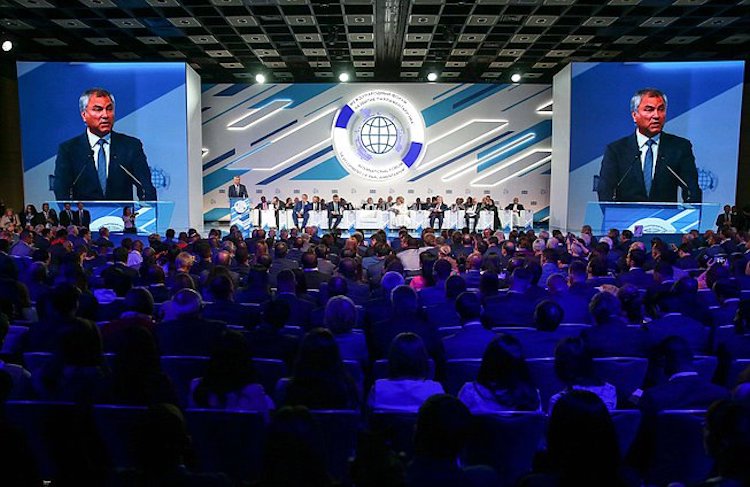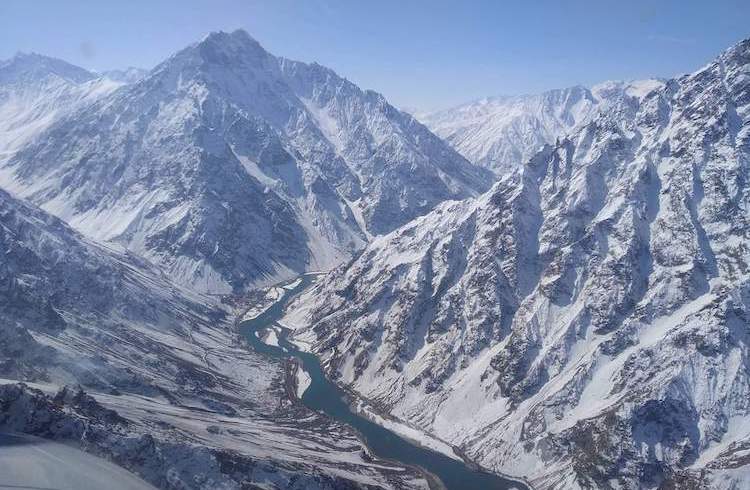By J W Jackie RENO, Nevada, USA (IDN) – A massive ecosystem of lakes, rivers and marshes known as the Everglades dominates the southern portion of Florida. The aqueous territory once spanned a great length down the state, but extensive damage to the environment has reduced the wetland’s size in half. As young environmentalists around […]
Russia-Côte d’Ivoire Agree to Elevate Bilateral Relations
By Kester Kenn Klomegah MOSCOW (IDN) – The ways and means of invigorating bilateral relations in political, trade, economic, educational and humanitarian areas were the centrepiece of the first diplomatic encounter between Foreign Minister Marcel Amon-Tanoh of Côte d’Ivoire, also known as Ivory Coast, and his counterpart Sergey Lavrov of Russia, in Moscow. The two […]
Afghani Teenager in Kyrgyzstan Plunges into Learning
By Bagymdat Atabaeva* NARYN, Kyrgyzstan (IDN) – Turganbay Abdulbhakhidov is a 16-year-old teenager from Afghanistan who immigrated into Naryn region two years ago. His family used to make a living through cattle breeding in the Pamir mountains. Without electricity, proper medical services, educational institutions, and sustainable housing, these people live on the roof top of […]
Standoff in Kyrgyzstan After Parliament Strips A Powerful Ex-President of Immunity
By Kamila Eshaliyeva* | Open Democracy BISHKEK (IDN-INPS) – At the end of June 2019, Kyrgyz MPs removed former president Almazbek Atambayev’s immunity from prosecution by 103 votes out of a possible 109. Parliament’s decision is based on a new law signed by current President Sooronbay Jeenbekov, which provides a mechanism for removing immunity from […]
The Liberal Order Needs to Be Profoundly Reformed
Viewpoint by Jonathan Power LUND, Sweden (IDN-INPS) – The attack on “the liberal idea” by Vladimir Putin in his long interview in the Financial Times at the end of June is still vibrating in my mind. First, I’d like to know if the Russian people share his views on immigration. In Britain and the U.S., […]
Significant Work Awaits US Cities to Achieve SDGs
By Caroline Mwanga with SDSN News NEW YORK (IDN) – The 2019 US Cities Sustainable Development Report by the Sustainable Development Solutions Network’s United States Network (SDSN USA) finds that there will be significant work to do across the board if the UN’s Sustainable Development Goals for 2030 (SDGs) are to be achieved by 2030. […]
World Parliamentarians Look Forward to Fruitful Cooperation
By Kester Kenn Klomegah MOSCOW (IDN) – Parliamentarians from the United States, Europe, Latin America, Asia and Africa gathered here for a three-day international forum at the initiative of the State Duma, the lower house of the Federal Assembly of Russia, to discuss the development of international parliamentarism and the most pressing national, regional and […]
Trump Should Beware of Bolton’s Bid to Sabotage START
By Daryl G. Kimball This analysis by Daryl G. Kimball, Executive Director of the Arms Control Association (ACA) first appeared on June 28, 2019 in ArmsControl.org WASHINGTON, DC (IDN-INPS) – Last year, President Donald Trump told reporters that he wanted to work with Russian President Vladimir Putin “to discuss the arms race, which is getting […]
Trump’s Pick for UN in Geneva Opposed to Reproductive Rights
By Stéphanie Fillion, Passblue MONTREAL (IDN) – “I am pro-life, I believe that all human life is sacred, and that human life begins at conception,” Andrew Bremberg told members of the Senate Foreign Relations Committee recently. Asked if rape victims should have access to abortion, he replied, “I don’t believe that abortion is a moral […]
Climate Change Finds Its Way to the ‘Rooftop’ in Tajikistan
By Alisher Kukanbekov* PAMIR, Tajikistan (IDN) – The great mountains of Pamir that have been known as the ‘Roof of the World’ over the centuries is now falling victim to climatic change. One of the largest glaciers here, Garmo glacier, has retreated by a staggering 7 kilometers in the past few decades with the annual […]


